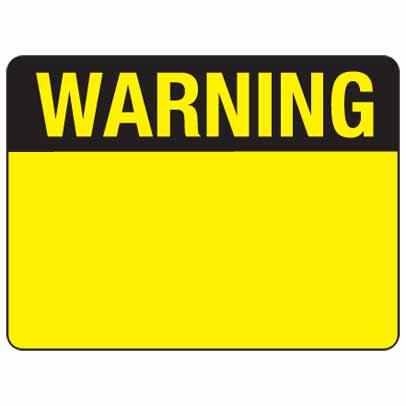Most independent booksellers, especially ones in small towns, know their regular customers quite well. We know not just what sorts of books they generally enjoy, but we also know about their life. Sometimes, this knowledge informs what books we recommend for better or for worse. All good books reflect life as we know it and have themes that can sometimes be hard. Our knowledge of a customer’s life has us making some snap decisions about what books suggest. There is also an art to good bookselling and there are many factors that contribute to a certain recommendation.  One of my favorite all-time books is Bastard Out of Carolina by Dorothy Allison, and I think very carefully about who I handsell this one to because of the child abuse issues. Not all readers want a beautifully written book about such tough topics. I always warn customers about the heaviness of the book. There are times when people want gorgeously written books that deal with heartbreaking things. The larger issue this brings up is how much do we let our knowledge of our customers inform what we choose to show them, or what we say when they’re asking about a book?
One of my favorite all-time books is Bastard Out of Carolina by Dorothy Allison, and I think very carefully about who I handsell this one to because of the child abuse issues. Not all readers want a beautifully written book about such tough topics. I always warn customers about the heaviness of the book. There are times when people want gorgeously written books that deal with heartbreaking things. The larger issue this brings up is how much do we let our knowledge of our customers inform what we choose to show them, or what we say when they’re asking about a book?
This is somewhat easier with children’s books because content matters are largely driven by the age of the reader. While I adore Looking for Alaska, I do find myself asking the age of the child for whom the book is intended, because there is that page-and-a-half long sex scene that some parents might not want their 12-year-old to read. I tell the parents about the page-and-half and let them decide if this an appropriate book for their child. As a bookseller we want all customers to have a great reading experience and grow to trust our recommendations.
In the adult realm, I find that I really listen to how the customer expresses what kind of book they’re in the mood for and shift my recommendations based on that. Yes, this seems obvious, but when someone says they want “a beach read” and I know, for instance, that the customer has just gotten divorced, do I steer clear of books with divorce as a big theme? Yes and no. It’s all a balancing act. I will often suggest a book and mention what the big issues of the book are and let the customer decide. It’s all about making an informed decision for a great book. Do you recommend Harry Potter to a kid whose parent has died? Will this be cathartic for the child or devastatingly sad? Ultimately of course, this is not my decision.
Reading is very personal and no bookseller can know everything that is going in a customer’s life. For instance, I will avoid reading any book that features a beloved animal who dies. I just don’t want to put myself through that. Not all my customers share this view. So it’s my job to get over my bias and still heartily recommend certain titles that I would never want to read.
Booksellers and librarians, I’m curious how you deal with book recommendations for “tougher” books with your customers. How much do you reveal about the book’s ending or content based on your knowledge of the customer?

Once I accumulated a few code phrases, alerting customers to content became much easier. I was always grateful to other staff who discovered ways of phrasing a description. For instance, if you describe a book as “gritty,” the anxious customer is tipped off to ask “How gritty?” Or “frothy”. Or “romantic”; “edgy”; or “intense.” And my favorite warning about poor writing: “It’s a good story, but Shakespeare it isn’t.”
I found it funny how you stated you don’t read a book where an animal dies. It reminds me of how hard it was to read Where the Red Fern Grows. I thought it was still a good read despite what happens. It is good for a book seller to be wary of people’s circumstances.